How Does Social Work Identity Change Over Time?
Welcome back to the Social Work Café blog!
I'm excited to share some highlights from our latest podcast episode, featuring a conversation I've been eagerly anticipating with my colleague, Garth Norris.
I've wanted to interview Garth for quite some time, and I'm thrilled to finally bring you, our discussion.
Garth and I explored the fascinating evolution of his professional identity throughout his career, a topic he suggested and one that resonates deeply with many in the social work field.
If you've ever questioned your role as a social worker or wondered if what you're doing truly counts as "social work," this episode is tailor-made for you.
Our conversation delved into Garth's diverse career, which spans across the micro, meso/mezzo, and macro levels of social work practice.
From clinical practice to grant writing, project management, and even policy and politics, Garth's journey is a testament to the broad scope of our profession.
Garth's background is steeped in social work, coming from a family of social workers, which undoubtedly influenced his values and career path.
Interestingly, he began his professional life in journalism. Reflecting on his time in that field, it's clear that his dedication to "listening to people's stories" has strong parallels with his eventual transition into social work.
One thing Garth emphasised about his social work career is his inability to "sit still," a trait that has been crucial to sustaining his career over the years.
This reminded me of a previous conversation with another experienced social worker, Liz McRae, who also highlighted the importance of changing roles and being a lifelong learner.
It's fascinating to hear how Garth, like many new social workers, experienced doubt and “imposter syndrome” during his first year in practice.
This is a common theme in social work literature, including my PhD research, and Garth's story of clarifying his professional identity over time is both relatable and inspiring.
He shared how even something as simple as deciding how to dress as a professional helped him solidify his sense of self as a social worker.
A recurring theme in our conversation was Garth's ability to work in roles alongside a variety of disciplines and non-social work positions, all while maintaining a strong connection to his social work identity and values.
These experiences prompted him to think critically about his role and communicate his distinct social work contribution clearly to clients, ensuring effective referrals and collaboration.
One key takeaway from our discussion is that professional identity in social work is not tied to a specific job role.
Instead, it is rooted in our shared values, knowledge, and skills, which we apply across various roles and settings.
More recently, Garth has found fulfillment in academia, particularly in lecturing and immersing himself in a social work environment.
His transition into academia marked another significant point in his career, allowing him to blend his practical experiences with his teaching.
Currently, Garth is the CEO of Endeavour Mental Health Recovery Clubhouse, a role that allows him to draw on his extensive skillset to support social inclusion and community engagement.
Garth's passion for his work is evident, especially when he talks about the Clubhouse and its impact on his practice.
Considering his diverse career, I was keen to hear about his favourite social work technique.
I am not surprised that Garth returned to his clinical roots and spoke about circular question from family systems therapy. I love how he beautifully explains that this technique is applicable across all levels of practice.
I could have talked to Garth for hours about his remarkable career.
His commitment to social work is truly inspiring, and I'm sure you'll enjoy this episode as much as I did.
Stay tuned for more insights and conversations!
Dr. B

